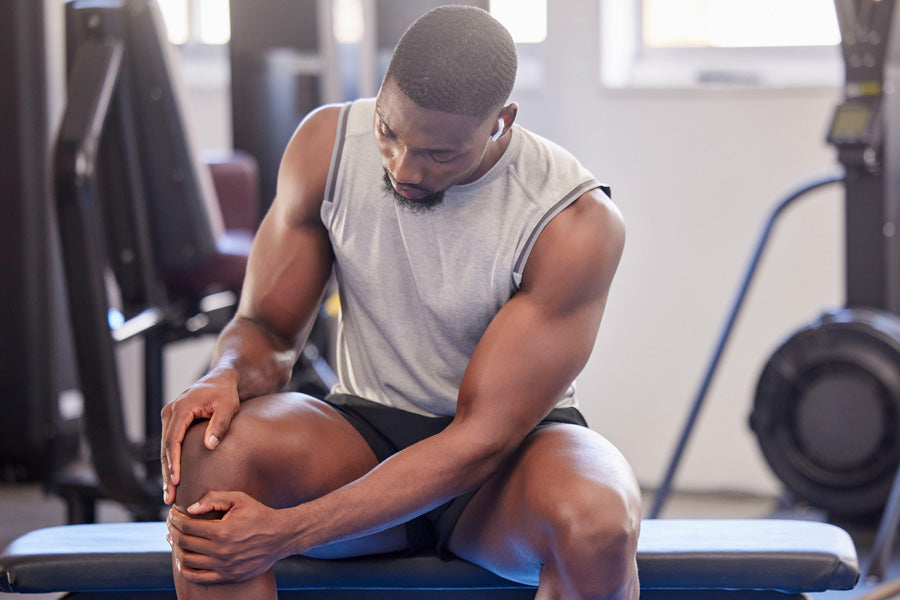Muscle soreness is a natural consequence of intense or unfamiliar exercise. Referred to as delayed onset muscle soreness (DOMS), this condition typically reaches its peak 24 to 72 hours after physical activity. Although muscle soreness affects individuals of all ages, many people are unaware that it is actually an inflammatory response caused by the breakdown of muscle tissue.
Fortunately, emerging research in sports science and physiology has shed light on methods to reduce or prevent muscle soreness. Some of the most promising findings include foam rolling, stretching, and massage therapy.
Foam Rollers are the best for reducing muscle soreness: Foam rolling involves using one's body weight to apply pressure to soft tissues. This process reduces pressure within the tissue, alleviating muscle soreness. A study investigating the effectiveness of using foam roller as a recovery exercise found that a 20-minute session immediately after exercise, repeated every 24 hours using a high-density roller, significantly reduced muscle soreness and tenderness. These findings support previous studies that have advocated for foam rolling as a post-exercise practice.
Massage therapy is another widely recognized method for treating DOMS and muscle damage resulting from strenuous exercise. Studies have shown that a 30-minute therapeutic massage per leg after two hours of downhill running effectively limits muscle soreness. Combining massages with stretching and warm-up activities has been found to further reduce muscle soreness.
While massages have been empirically proven to reduce DOMS, controversy exists due to the variability of exercise models and individual physiological responses to physical activity.
Stretching, often employed to prevent injuries and prepare muscles for intense activity, has been questioned as an effective method for alleviating muscle soreness post-workout. An empirical review of 12 randomized controlled trials examining the usability of stretching found little to no improvement in muscle soreness even a week after exercise. However, stretching serves other purposes, such as injury prevention, making it still relevant in exercise routines.
The use of antioxidants to reduce muscle soreness has been investigated in older sports science studies. Although these studies highlighted the potential benefits, more recent research has yielded mixed results. An in-depth analysis of 50 studies examining antioxidant supplementation found that high doses could slightly reduce muscle soreness at certain time intervals. However, the effects were minimal, and some studies reported adverse health effects such as diarrhea. Further research is needed to gather more data and determine the efficacy and safety of antioxidants in reducing muscle soreness.
In conclusion, while muscle soreness is a common occurrence after intense exercise, there are strategies to mitigate its impact. Foam rolling, massage therapy, and incorporating stretching and warm-up activities have shown promise in reducing muscle soreness. However, the effectiveness of stretching alone is debatable. The use of antioxidants for this purpose requires more investigation. As research continues, individuals can explore these approaches to find the best methods for managing and preventing muscle soreness.









